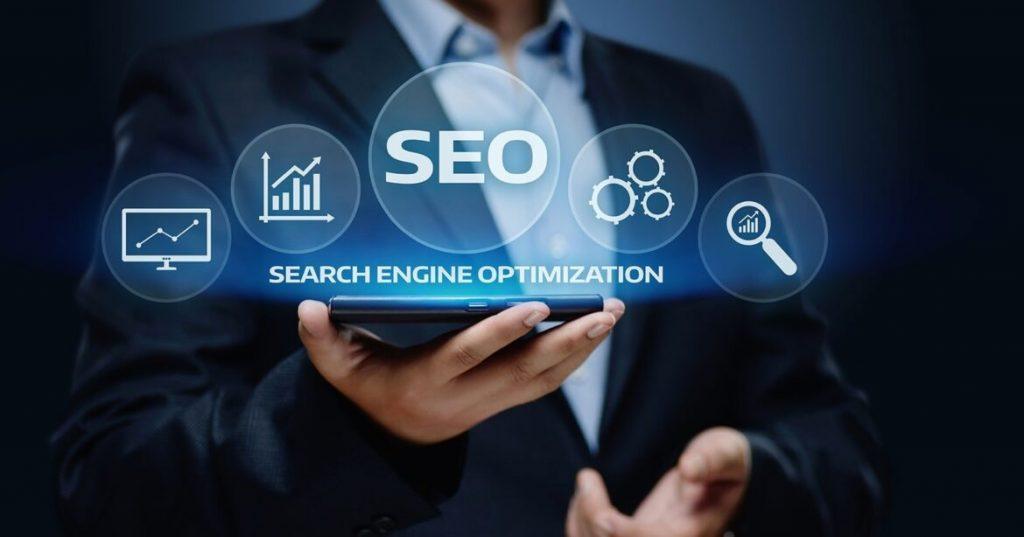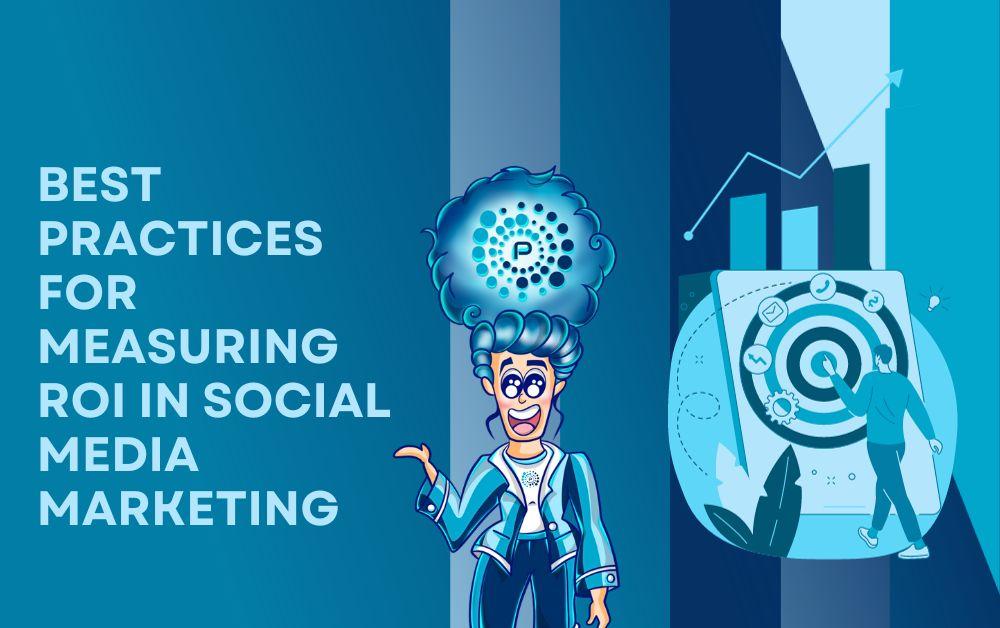Social media has become integral to our lives, transforming how we communicate, connect, and perceive ourselves and others. Over the past decade, platforms such as Facebook, Instagram, Twitter, and Snapchat have emerged as powerful tools that shape our social interactions and influence our daily routines. This article delves into the intricate world of social media psychology, exploring how these online platforms affect our lives profoundly. By examining the positive and negative psychological effects of social media on self-perception, relationships, and mental well-being, we can gain a deeper understanding of the complexities behind our digital lives. Furthermore, this article will provide strategies to maintain a healthy relationship with social media and navigate its impact on our psychological well-being.
I. Introduction: The Rise of Social Media
The Evolution of Social Media Platforms
It started with basic platforms like MySpace and Friendster, where we could connect with friends and share personal updates. Fast forward to today, and we have many social media platforms at our fingertips, such as Facebook, Instagram, Twitter, and TikTok. Each platform has unique features and appeal, catering to different interests and demographics.
The Ubiquity of Social Media in Modern Society
. It has infiltrated every aspect of society, from personal relationships to business interactions. We use it to stay connected with friends and family, share our opinions, showcase our talents, and even build businesses. The influence of social media is undeniable, with billions of users worldwide contributing to the constant stream of content and engagement.
II. The Role of Social Media in Shaping Social Interactions
While social media provides a platform for communication, it can also hinder our development of social skills. With the convenience of online interactions, we may rely more on virtual conversations than face-to-face interactions. This can affect our ability to read social cues, empathize with others, and engage in meaningful conversations.
Virtual Relationships: Friendships and Communities Online
We can now connect with people from all over the world who share our interests and values. However, the question of whether these virtual relationships can truly replace traditional friendships arises. While they provide a sense of belonging and support, they may lack the depth and intimacy of in-person connections.
III. Psychological Effects of Social Media on Self-Perception and Identity
The Power of Self-Presentation and Image Crafting on Social Media
We can curate our image on social media and present ourselves in a specific light. This ability to control our online persona can lead to a discrepancy between our real and virtual selves. We may feel pressure to showcase only the best moments, leading to feelings of inadequacy when comparing ourselves to others’ seemingly perfect lives.
Self-Esteem and Validation: Seeking Approval through Likes and Comments
The quest for validation is a common behavior on social media. We seek approval through likes, comments, and followers, using these metrics to measure our self-worth. However, relying on external validation can be detrimental to our self-esteem. The constant need for validation can create a cycle of seeking approval, impacting our mental well-being.
IV. Social Comparison and the Impact on Mental Well-being
The Paradox of Social Media: Envy and FOMO (Fear of Missing Out)
Social media can trigger feelings of envy and FOMO. As we scroll through the highlight reels of others, we may compare our lives to theirs and feel a sense of inadequacy. This constant comparison can lead to envy and dissatisfaction, ultimately affecting our mental well-being.
Unrealistic Expectations and the Effects on Mental Health
The carefully curated content on social media can create unrealistic expectations. We are bombarded with images of perfect bodies, idyllic vacations, and successful careers, leading to feelings of inadequacy and a distorted perception of reality. This can contribute to anxiety, depression, and other mental health issues.
In conclusion, while social media has benefits, it also has psychological implications that we must be aware of. Understanding the impact of social media on our lives can help us navigate these platforms more consciously and foster healthier relationships with ourselves and others.
V. The Influence of Social Media on Relationships and Social Support
Building and Maintaining Connections in the Digital Age
In the age of social media, building and maintaining relationships has taken on a whole new meaning. Social media platforms allow us to stay connected and bridge the geographical gaps between us.
However, it’s important to recognize that while social media allows us to connect, we still need to build deeper and meaningful relationships. The likes, comments, and follows we receive on our posts may make us feel popular, but true connection requires more than a double-tap.
So, as we navigate the digital landscape, let’s not forget the importance of investing time and effort into our relationships offline. Meeting up for a coffee, having a phone call or video chat, or even sending a handwritten letter can help strengthen our bonds beyond the virtual realm.
The Role of Social Media in Facilitating Social Support Networks
Social media has become a powerful tool for creating and nurturing social support networks. In times of need, we can turn to our online communities for advice, encouragement, and comfort.
Whether seeking recommendations for a good therapist, finding support groups for specific challenges, or simply venting about a stressful day, social media platforms offer numerous avenues for support. They can also serve as valuable platforms for raising awareness about important social issues and connecting with like-minded individuals.
However, it’s crucial to remember that social media is not a substitute for real-life support systems. While virtual support can be comforting, sometimes nothing beats a hug from a trusted friend or the presence of a loved one during tough times. Striking a balance between our online and offline support networks is key to ensuring we receive the care we need in all aspects of life.
VI. Social Media Addiction and its Psychological Implications
Understanding Social Media Addiction: Signs and Symptoms
Scrolling endlessly through our social media feeds has become a common pastime for many. But when does it turn from a harmless habit to an addiction?
Social media addiction is characterized by excessive and compulsive use of social media platforms, often to the detriment of other areas of our lives. to cut back.
Beyond the behavior itself, social media addiction can have serious implications on our mental health and well-being. Spending excessive time on social media exposes us to curated images and highlight reels of others’ lives, which can foster feelings of inadequacy, envy, and low self-esteem.
Moreover, the constant need for validation through likes, comments, and followers can create a never-ending cycle of seeking external validation for self-worth. This can lead to a decline in mental well-being, as our satisfaction depends on online approval’s fickle nature.
Recognizing and addressing social media addiction is essential for maintaining a healthy mindset. Finding alternative activities, establishing screen time limits, and seeking support from friends, family, or professionals can be crucial steps toward breaking free from the grips of social media addiction.
VII. The Dark Side of Social Media: Cyberbullying and Online Harassment
The Prevalence and Forms of Cyberbullying
While social media has brought us closer together, it has opened the door to a darker side of human behavior. Cyberbullying and online harassment are unfortunately prevalent in today’s digital world.
Cyberbullying refers to the use of electronic communication to harass, threaten, or intimidate others intentionally. It can take various forms, including spreading rumors, sending hurtful messages, or posting derogatory comments. The anonymity afforded by social media platforms often encourages individuals to engage in such behavior.




